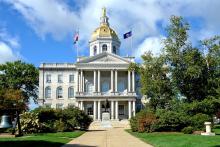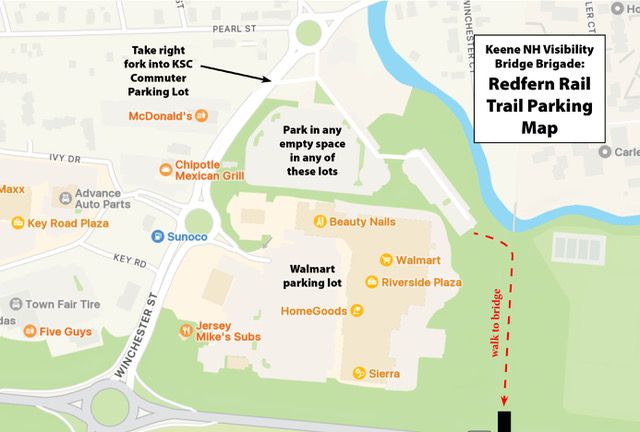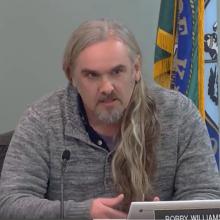Rep. Joe Alexander, R-Goffstown has filed his Legislative Service Requests (LSR’s) for the 2026 House Session. Coming under the heading of “the cruelty is the point” he would like to add more grounds for eviction under the landlord and tenant statute. He also wants to “prohibit the rental of residential property to individuals unlawfully present in the United States.” I’m sure he means New Hampshire where about 0.7% of the population is undocumented. Doesn’t sound like the state is exactly overrun and where does he think he has the right to tell property owners what to do with their own property or who to rent to? What happened to “personal choice?”
Sounds like a dictionary might take care of his other proposed legislation, “relative to the definition of intimate partner.” Why can’t the majority party stay out of people’s bedrooms? And finally, “enabling certain disabled persons to hunt from a motor vehicle.” What could possibly go wrong?
The NH Controlled Drug Act (RSA 318-B) regulates the use, distribution and prescription of controlled substances, to prevent misuse and ensure public safety. It defines many terms related to drug use and abuse, scheduling of drugs and defines legal responsibilities of healthcare providers and law enforcement in regards to controlled substances. Rochester Rep. Aidan Ankarberg would like to see this repealed. He’s also seeking “parent-taught driver education as an alternative to traditional driver education programs.” What could possibly go wrong?
Why is Milton’s Rep. Glenn Bailey sticking his nose in California’s business by bringing this forth, “affirming the state of California's request to divide into 2 states.”?
Rep. Ross Berry, Weare, apparently thinks beating a dead horse is fun with his voting eligibility legislative request. “Providing that only legal resident US citizens who are at least 18 years of age or older who reside in the place they claim as domicile shall be eligible voters.”
NH’s refugee resettlement program is run by the state Dept. of Health and Human Services (DHHS) and funded by the federal government. DHHS also works in partnership with nonprofit organizations such as the International Institute of New England. Concord, Manchester and Nashua have all participated in this program. Another Weare Rep., Travis Corcoran would like to see this program repealed and prohibit spending state funds on refugee resettlement. What could possibly go wrong. . . for those fellow human beings seeking asylum?
Hoo-boy! More parental rights proposed legislation that most of us parents thought we already had! This piece of vagueness is brought to you by Milton Mill’s Rep. Michael Granger, “providing that parents and guardians have a right to direct the education of their children.” And what is a “permanent vehicle registration”? Sounds like more chipping away at revenue, which means property owners are left holding the bag again.
What could possibly go wrong by continuing to vote in the Free Stater extremists?















